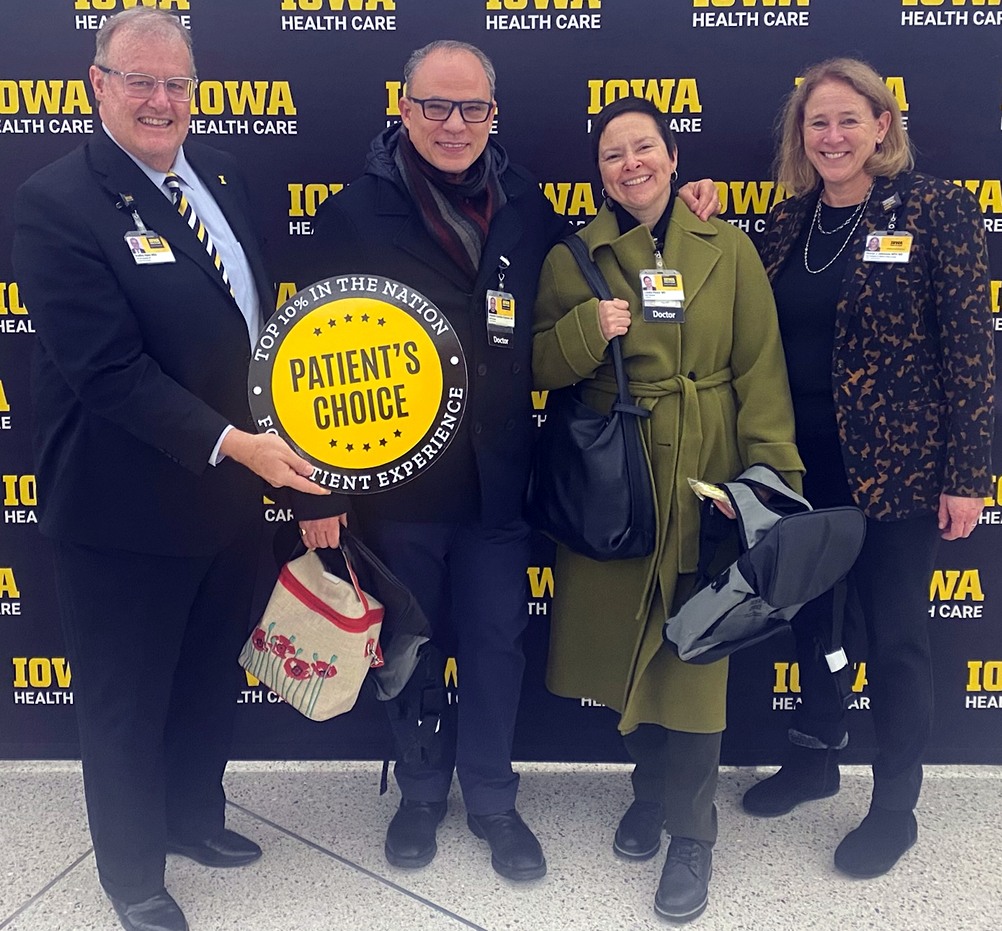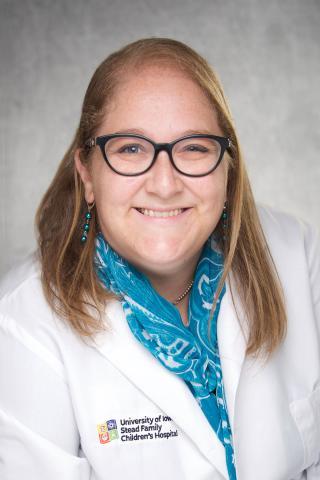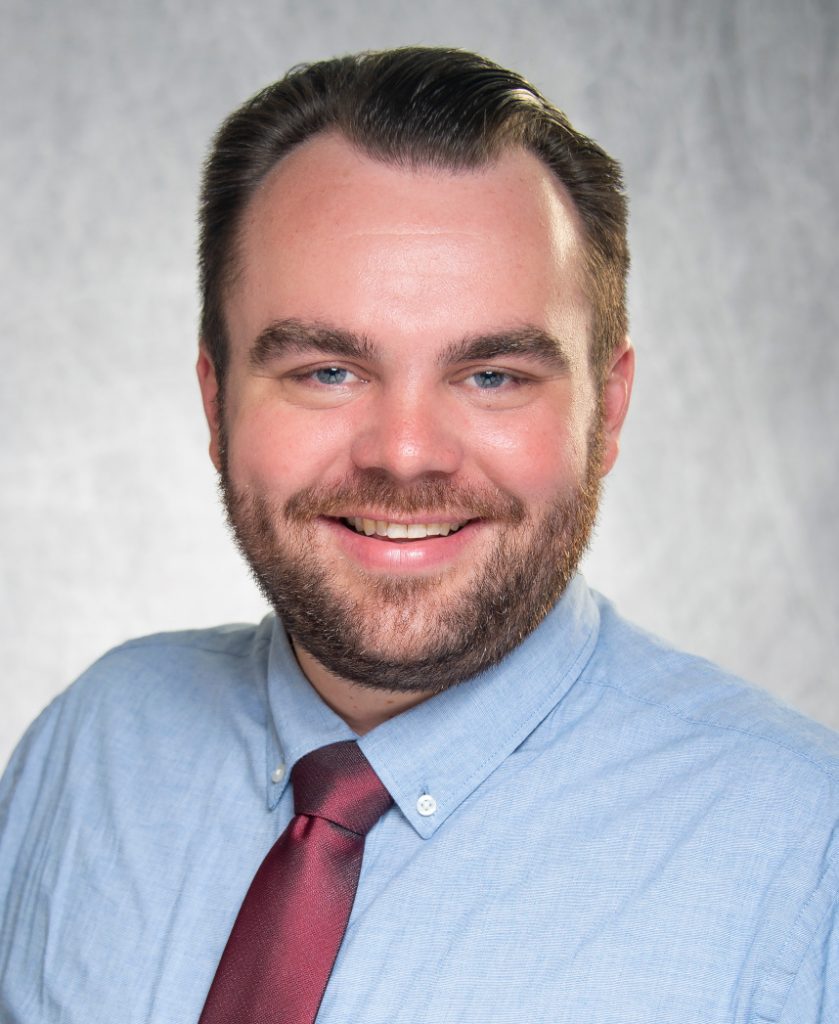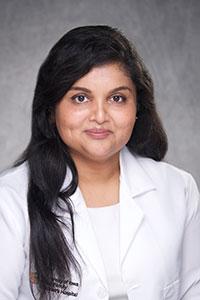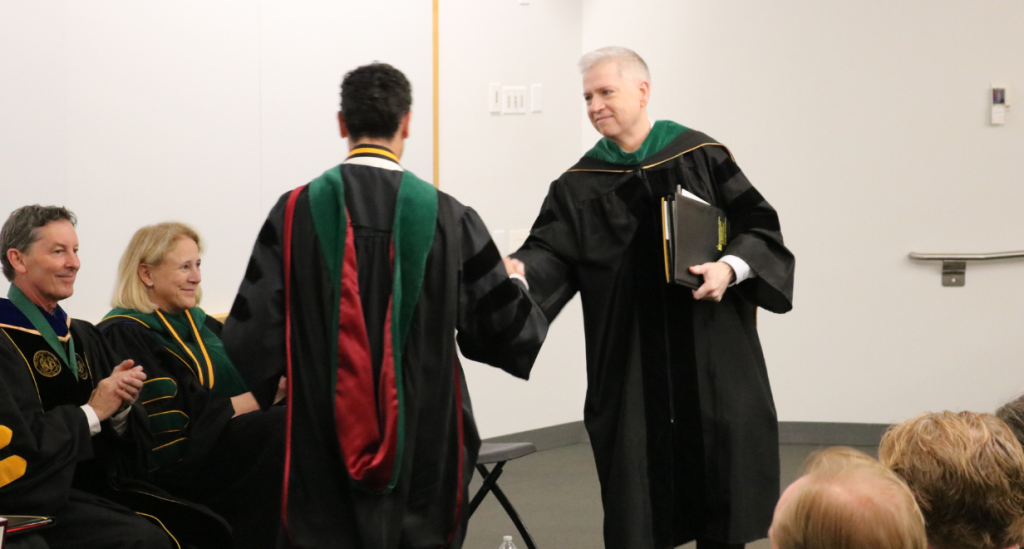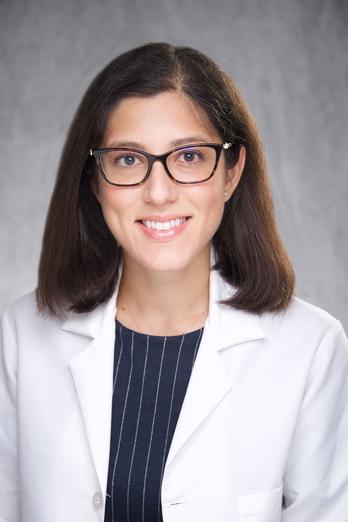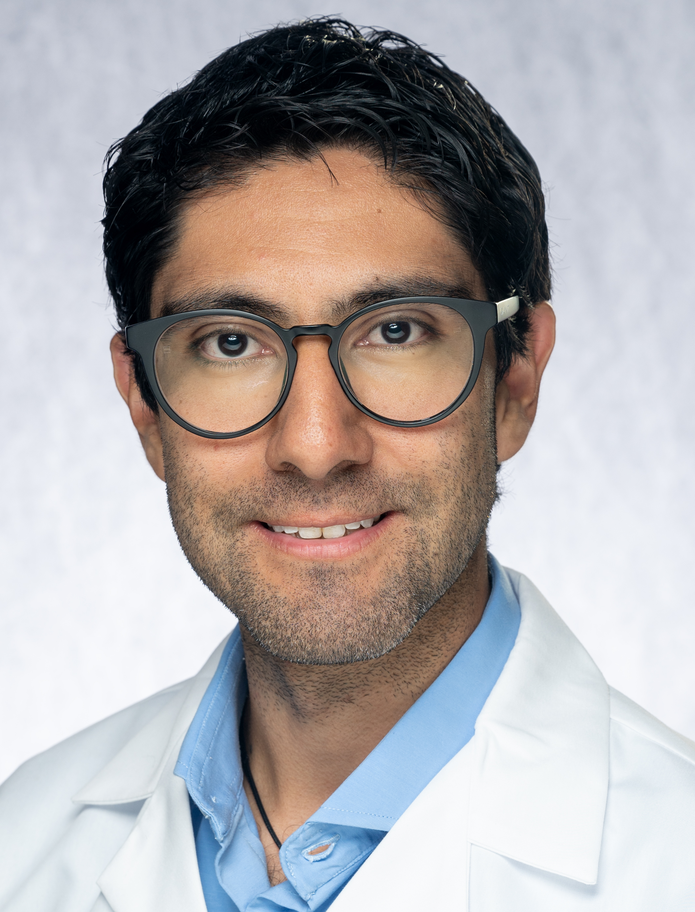
Obesity is a prevalent health risk, even among children and adolescents. Several faculty at the University of Iowa are working to help address this issue by creating a new pediatric healthy weight clinic. The faculty involved represent several areas of pediatrics, including endocrinology, gastroenterology, and general pediatrics. The goal is to create a multidisciplinary medical home for children and adolescents who have struggled to maintain a healthy weight. Together, the involved physicians crafted a vision and proposal for the clinic, which has now received startup funding by being selected as a High Impact Proposal in an internal competitive application process. The Pediatric Division of Endocrinology and Diabetes is proud to be represented in this endeavor by Dr. Gabo Castano who helped craft the proposal and will lend his obesity-care expertise to the project.


